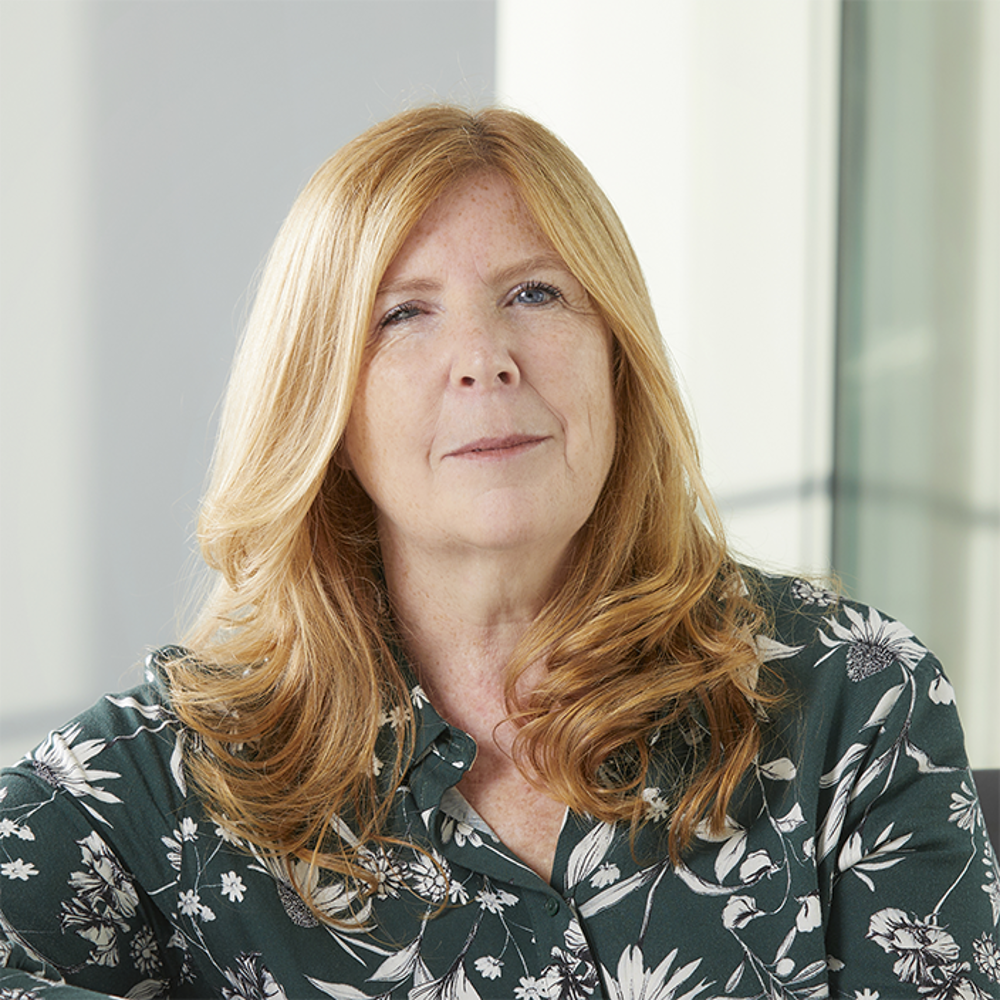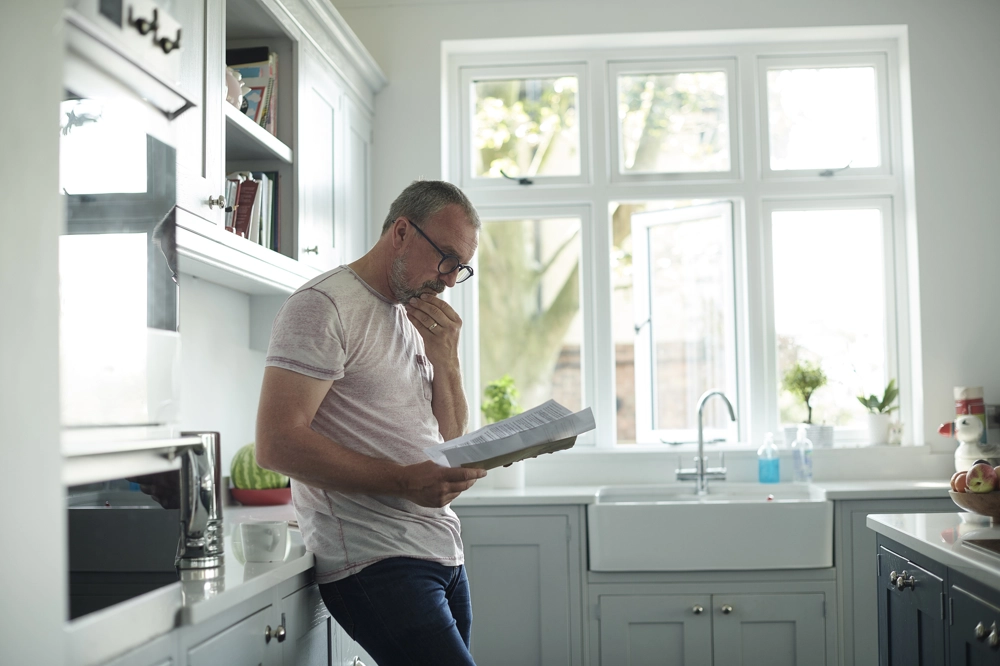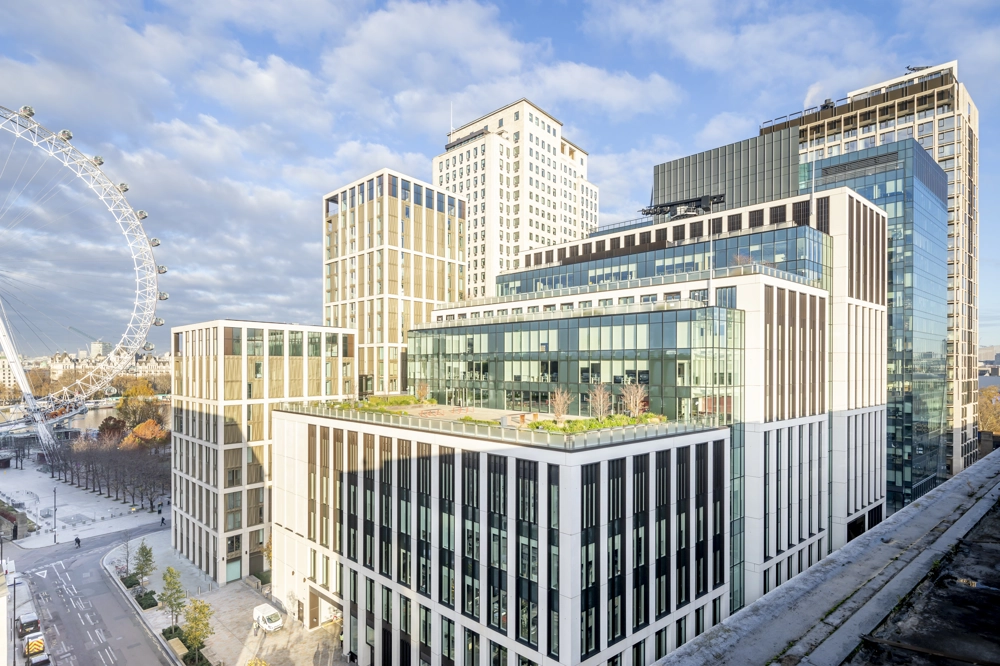- DB/Final Salary pension schemes de-risking -buy-ins, buy-outs, longevity insurance
- Alternative de-risking solutions – APP, ISS
- Pension scheme administration
- Re-insurance
(UK, USA, Canada, Bermuda and Ireland)
Bank of Mum and Dad lending needed for 1 in 4 UK housing transactions in 2018
The Bank of Mum and Dad (BoMaD) will be the equivalent of a £5.7bn mortgage lender in 2018, according to new research and forecasts from FTSE100 financial services group Legal & General and Cebr.
29 May 2018
Press release (PDF 246KB)

‘BoMaD’ remains a major force in the UK housing market in 2018. 27% of buyers will receive help from friends or family, up from 25% in 2017. This year, the Bank of Mum and Dad will help 316,600 loved ones buy a home - up from 298,300 in 2017. The value of Bank of Mum and Dad-supported property purchases in 2018 will rise to £81.7 billion, representing a £4.2 billion or 5% increase since 2016.
However, parents are providing smaller sums - the average BoMaD contribution will decline from £21,600 in 2017 to £18,000 in 2018. Total lending has reduced from its height at £6.5bn in 2017 to £5.7bn in 2018. This is, however, still an overall increase against £5bn of lending in 2016.
Nigel Wilson, Group Chief Executive at Legal & General, said: “The Bank of Mum and Dad remains a prime mover in the UK housing market, and will lend the best part of £6bn to buyers this year, with over 315,000 transactions being underpinned by parental help.However, it’s clear that households are feeling the pinch, as BoMaD contributions have reduced by an average of 17% from nearly £22,000 to a still very generous £18,000.
The fact that in 2018, 1 in 4 housing transactions in the UK will be dependent on the Bank of Mum and Dad, while hard-pressed parents are finding it more difficult to provide the funds to help their family with deposits, will further exacerbate the UK’s housing crisis.
“We need more homes for the young, old and families alike. Legal & General is playing its part by announcing an initiative to deliver thousands of new affordable homes.”
Other key findings from Legal & General’s “Bank of Mum and Dad” research include:
- The number of properties funded by BoMaD financing has grown by 3% from 305,000 to almost 317,000
- BoMaD contributions are highest in London (almost £31,000 per transaction on average) and lowest in Scotland (just under £11,000). More buyers in London (41%) receive BoMaD help than in any other region
- Under 35s are most likely to receive BoMaD assistance with nearly 3 in 5 receiving money from family and friends to buy a property. This drops to just 8% for over 55s
- Even homeowners aged between 45 and 55 are now relying on BoMaD, with one in five (20%) receiving assistance from their parents
- Equity release has increased slightly as a source of funding for loved ones’ home purchases, from 3% to 4%. However, nearly half of over 55s that are open to the idea of an equity release would put the money towards a loved one’s home purchase deposit, with 20% wanting to contribute to mortgage payments and other housing costs
The information contained in this press release is intended solely for journalists and should not be relied upon by private investors or any other persons to make financial decisions.
Average BoMaD contribution in 2018 and 2017 by UK region*
| Region | Estimated value of the average BoMaD contribution in 2017 | Estimated value of the average BoMaD contribution in 2018 |
|---|---|---|
| * Excludes those that did not receive any financial assistance from family and friends | ||
|
North East |
£24,200 |
£12,000 |
|
North West |
£23,100 |
£12,900 |
|
Yorkshire and the Humber |
£15,800 |
£16,900 |
|
East Midlands |
£21,000 |
£17,300 |
|
West Midlands |
£21,400 |
£14,700 |
|
East of England |
£24,300 |
£17,900 |
|
London |
£29,400 |
£30,600 |
|
South East |
£21,800 |
£21,700 |
|
South West |
£30,000 |
£19,300 |
|
Scotland |
£15,500 |
£10,800 |
About the Bank of Mum and Dad research 2018
The BoMaD research was compiled using original survey data as well as existing data sources relating to transaction levels. The survey work was carried out by YouGov and Censuswide. For the borrowers the total sample size was 1,002 adults. Fieldwork was undertaken between 5th - 11th April 2018. For the lenders, total sample size was 2,010 adults. Fieldwork was undertaken between 22nd February – 6th March 2018. Both surveys were carried out online. In order to arrive at the overall value of BoMaD (in terms of the value of lending) we used data from the survey to obtain the share of transactions supported by BoMaD and the average value of the assistance. This was then scaled up using Cebr forecasts for total property transactions. The underlying data for property transactions come from the HMRC and are published as a part of national statistics.
Nigel Wilson, Group Chief Executive at Legal & General, concludes: “The volume of transactions depending on Bank of Mum and Dad funding keeps on growing, even as parents find it harder to provide as much money for the deposit. BoMaD funding is a vital plank in the housing market, but this year the supply of funds is being squeezed. This is not a positive trend - nor is it sustainable or fair for our parents and young people to remain so co-dependent when it comes to housing purchases. We need to take action to fix the housing market and open up affordability for all. Institutions like Legal & General are making a positive difference in the supply of affordable residential housing as well as the towns and cities in which the homes are built. Jobs, infrastructure and economic growth are needed to create thriving communities where people can afford to buy.”
Further information




